![1984 [PENGUIN BOOKS- Introduction by Thomas Pynchon] 1984 [PENGUIN BOOKS- Introduction by Thomas Pynchon]](https://www.rulit.me/data/programs/images/1984-penguin-books-introduction-by-thomas-pynchon_869706.jpg)
Аннотация
PENGUIN BOOKS
Nineteen Eighty-Four
‘One of the most influential English writers of the twentieth century’ Robert McCrum, Observer
‘A prophet who thought the unthinkable and spoke the unspeakable, even when it offended conventional thought’ Peter Grosvenor, Daily Express
‘He saw through everything because he could also see through himself. Many writers and journalists have tried to imitate his particular kind of clarity without possessing anything like his moral authority’ Peter Ackroyd, The Times
‘Orwell’s innocent eye was often devastatingly perceptive … a man who looked at his world with wonder and wrote down exactly what he saw, in admirable prose’ John Mortimer, Evening Standard
‘Matchlessly sharp and fresh … The clearest and most compelling English prose style this century’ John Carey, Sunday Times
‘The great moral force of his age … It is impossible not to be elated by his literary and political writing – and enraged by what he was up against … the most lovable of writers, someone whose books can make the reader long for his company’ Geoffrey Wheatcroft, Spectator
‘The finest English essayist of his century … He made it his business to tell the truth at a time when many contemporaries believed that history had ordained the lie … His work endures, as lucid and vigorous as the day it was written’ Paul Gray, Time
ERIC ARTHUR BLAIR (George Orwell) was born in 1903 in India, where his father worked for the Civil Service. The family moved to England in 1907 and in 1917 Orwell entered Eton, where he contributed regularly to the various college magazines. From 1922 to 1927 he served with the Indian Imperial Police in Burma, an experience that inspired his first novel, Burmese Days (1934). Several years of poverty followed. He lived in Paris for two years before returning to England, where he worked successively as a private tutor, schoolteacher and bookshop assistant, and contributed reviews and articles to a number of periodicals. Down and Out in Paris and London was published in 1933. In 1936 he was commissioned by Victor Gollancz to visit areas of mass unemployment in Lancashire and Yorkshire, and The Road to Wigan Pier (1937) is a powerful description of the poverty he saw there. At the end of 1936 Orwell went to Spain to fight for the Republicans and was wounded. Homage to Catalonia is his account of the civil war. He was admitted to a sanatorium in 1938 and from then on was never fully fit. He spent six months in Morocco and there wrote Coming Up for Air. During the Second World War he served in the Home Guard and worked for the BBC Eastern Service from 1941 to 1943. As literary editor of Tribune he contributed a regular page of political and literary commentary, and he also wrote for the Observer and later the Manchester Evening News. His unique political allegory, Animal Farm, was published in 1945, and it was this novel, together with Nineteen Eighty-Four (1949), which brought him world-wide fame.
George Orwell died in London in January 1950. A few days before, Desmond MacCarthy had sent him a message of greeting in which he wrote: ‘You have made an indelible mark on English literature … you are among the few memorable writers of your generation.’
THOMAS PYNCHON is the author of V, The Crying of Lot 49, Gravity’s Rainbow, Vineland, Slow Learner and Mason & Dixon.
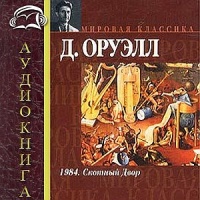
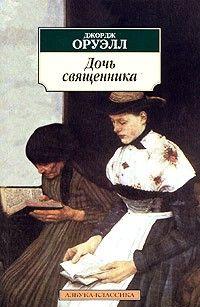
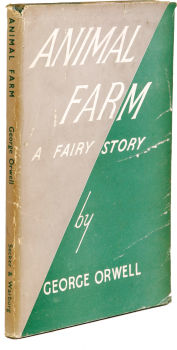
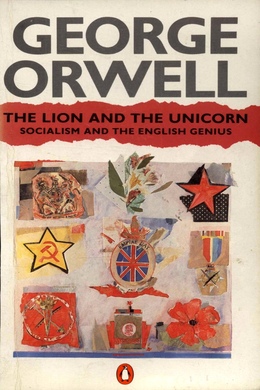
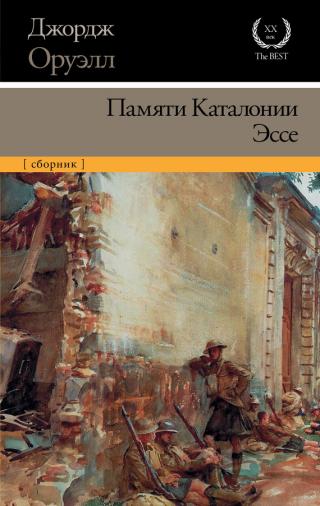
![Ферма [Animal Farm -... Ферма [Animal Farm - be]](https://www.rulit.me/kotha/images/nocover.jpg)
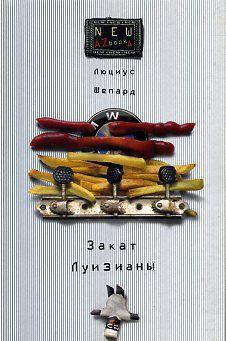

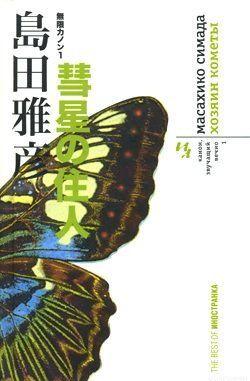

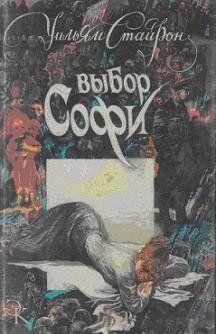
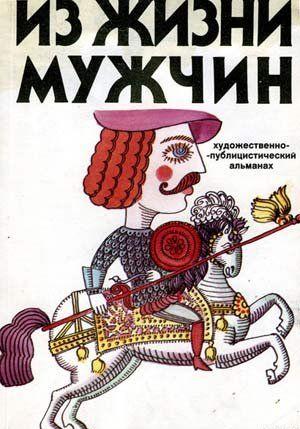
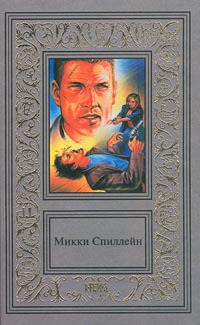



Комментарии к книге "1984 [PENGUIN BOOKS- Introduction by Thomas Pynchon]"